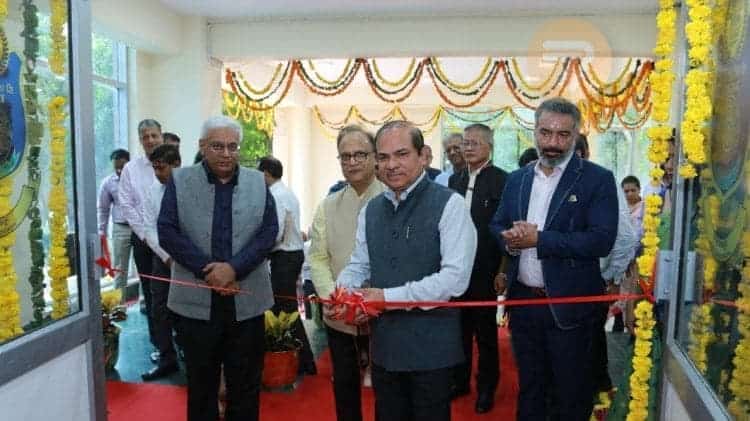Lawyer Uday Walia: India needs “central legislation”
17 Apr 2024
Our editor-in-chief, Felicia Wijkander, recently met with Uday Walia. Uday is a Partner at Indian law firm Touchstone Partners, and long-time collaborator with SevenJackpots. They met to discuss the country’s current legal landscape.
With changes in the laws on GST payments, IP blockages of foreign gambling websites, and a Responsible Gaming Policy being in the works by the Indian government, we brought in experts in the field to see if they have noticed any “waves of change” recently.
When asked about increased interest or changes in why operators seek their guidance, Uday noted that not much has changed.
“The interest in the gaming sector has remained more or less constant. […] We are mostly approached by operators offering online games. Usually, the guidance they are looking for is on whether or not an offering is likely to be considered a game of skill or game of chance. More often than not, the discussions also center around what modifications could be made to the gameplay to aid the analysis around it qualifying as a game of skill.”
Do you think the GST amendment will damage the credibility of the Indian government, considering it proposes taxing unregulated (even illegal) products in some states?
“To some extent. It does show the Indian Government in a poor light. India does not have a regulatory framework for such products. At least not at the Central level. And yet, the GST amendments have been rolled out. However, to say that it has, or will, put a dent in the credibility of the Indian Government seems a bit far-reaching. This approach is also not very different from what the Indian Government has done in the past. Take the example of crypto assets. There are tax implications on that market too, even though there have been huge concerns around regulating it.”
GST amendments and self-regulatory bodies hint at a government acknowledging real-money games of skill and chance. At the same time, Tamil Nadu keeps pushing for an outright ban. And Maharashtra recently buried the 1976 Casinos Act. Has anything changed since the last time we spoke (May 2023)?
“Well, for one, the GST council has decided to levy the top 28 per cent slab on online real money gaming. The state governments have always had their own stance on the gaming and gambling sectors. Some seek to regulate it and others wishing to impose bans. The need of the hour is really for there to be a central legislation that provides a uniform framework.”
Are people right to worry about the government creating an inhospitable environment for real money games in India?
“If the Government really wanted to create an inhospitable environment, they could just deal with it through policy and legislation.
Accordingly, the tax amendment does not seem to be some elaborate prohibitive scheme against the industry. The “retroactivity” of the amendment impacts the current players in the market. Not new ones. Admittedly, the tax rate is high, but whether that tax slab should be lower or not is a matter of policy. All operators are free to approach the courts. Which I understand is already happening.
I think it is more a case of the tax authorities seeking to increase their tax revenues. The gaming industry in India has grown exponentially, witnessing a CAGR of 28 percent in the financial year ending on 31st March 2023. This has, of course, not gone unnoticed by the government.”
Do you expect foreign investors to find it too risky to work with India? Especially given the current GST enforcement demands? Do you find similarities with the notorious Vodafone case?
“Whenever there is any conversation about “retroactive” tax, we always bring up the Vodafone case and try to equate it with the issue at hand. But no, I do not think there is a parallel to be drawn here. Like in the Vodafone case, the issue of “retroactive” tax keeps coming up. However, unlike the Vodafone case, the affected parties in the GST amendment do not have the benefit of a Supreme Court ruling.”



